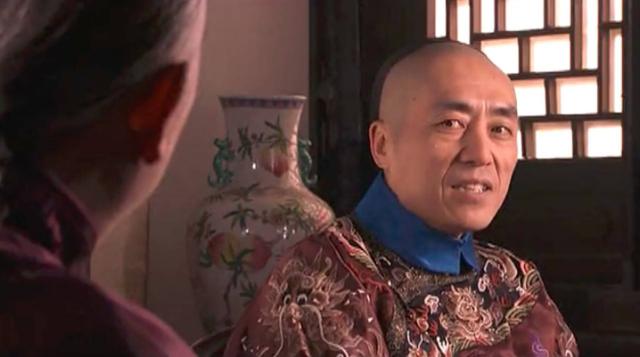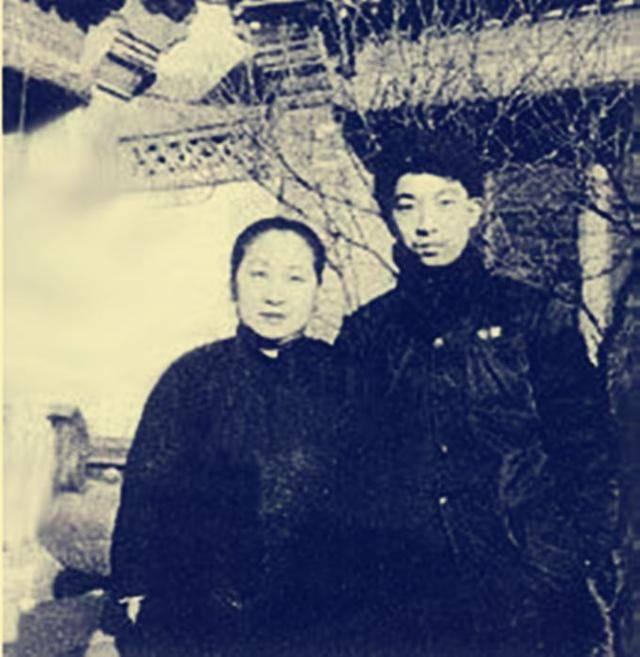Hi everyone, Anna English here.,我来为大家科普一下关于如何锻炼英语口语表达?下面希望有你要的答案,我们一起来看看吧!

如何锻炼英语口语表达
Hi everyone, Anna English here.
大家好,我是安娜英语。
Now, if you are passionate about learning English, click subscribe and let's do this together.
如果你对学习英语充满热情,请点击订阅,让我们一起加油。
To be 'polite' means to have or show behaviour that is respectful and considerate to other people.
“有礼貌”指的是对他人表现出尊重和体贴的行为。
Saying 'please' and 'thank you' is a very basic way of being polite but as usual for the English language, it's not always so simple.
说“请”和“谢谢”是一种非常基本的礼貌方式,但对于英语来说,这并不总是那么简单。
Now, if tenses make you tense, don't panic, I have something special for you to release that tension.
如果时态让你感到紧张,别怕,我有些特别的东西让你放松。
I have a special free mini-course: English Tenses 101. All you have to do is provide your name and email address via the link below and I will send the course directly to you, yes, to you.
我有一个特别的免费迷你课程:英语时态 101。你所要做的就是通过下面的链接提供你的名字和电子邮件地址,我会直接把课程发给你,是的,发给你。
Okay, let's look at how to be polite.
好,我们来看看如何讲礼貌吧。
"Did you want sugar in your tea?" "Did you need help with anything?" "Hi. Did you want to order a drink?" The past simple tense is used to discuss things that have already happened; they happened in the past and are now finished.
“你的茶要放糖吗?”“你需要帮忙吗?”“嗨。你想点杯喝的吗?”过去式用来讨论已经发生的事情;它们发生在过去,现在已经结束了。
The past simple tense is formed using the past tense version of verbs.
过去时是动词的过去时形式。
Here are some regular examples: Walk becomes walked.
这里是一些规则动词的例子:walk 变成 walked。
"We walked around the park." Live becomes lived.
“我们在公园里散步。”Live 变成 lived。
"I lived in London for a year." Wait becomes waited.
“我在伦敦住了两年。”Wait 变成 waited。
"I waited for the postman but he did not arrive." Here are some irregular examples: Go becomes went.
“我等邮递员,但他没有到。”下面是一些不规则动词的例子:Go 变成 went。
"We went to the cinema." Give becomes gave.
“我们去了电影院。”Give 变成 gave。
"I gave her my phone to call her dad." Do becomes did.
我把电话给她打给她爸爸。Do 变成 did。
"He did his homework." This verb is the one that we're going to be focusing on today: Did.
“他做了他的作业。”这个动词是我们今天要关注的:Did。
'Did' can be used in the interrogative form of the past simple tense.
Did 可以用于一般过去时的疑问句中。
For example: "Did you see anything suspicious?" That would refer to whether or not you have seen anything suspicious in the past.
例如:你有看到什么可疑的东西吗?指的是你过去是否见过可疑的东西。
However, sometimes this same sentence structure is used to ask about things in the present.
然而,有时同样的句子结构被用来询问现在的事情。
"Did you want sugar in your tea?" "Yes, I do." Now, do you see the problem?
“你的茶要放糖吗?”“好的。”看到问题了吗?
The question is in the past tense, as if it is referring to a decision which was made earlier, but it really means 'Do you want sugar in your tea?'.
问句是过去时,就像指的是一个先前做的决定,但它真正指的是“你现在想在茶里放糖吗?”
This happens a lot in English when somebody would like to be polite while asking someone if they 'want' or 'need' something.
在英语中,当有人想礼貌地问某人是“想要”还是“需要”某样东西时,这种情况经常发生。
It can be used when talking about a desire or preference one has in the present.
它可以用来谈论一个人目前的愿望或偏好。
"Did you need help with anything?" "No, thank you. I've got this." "Did you want to order a drink?" "Yes please. I'll have a cup of coffee." So, why do we do it?
“你需要帮忙吗?”“不用了。谢谢。我能搞定。”“你需要点杯喝的吗?”“是的,我要杯咖啡,谢谢。”那么,我们为什么要这样做呢?
Unfortunately, this is one of those times in the English Language when 'we just do'!
不幸的是,这是我们英语中“我行我素”的例子之一。
There is no logical or concrete reason why so many people do this but here is my guess and what many linguists believe to be true.
为什么这么多人这么做,没有逻辑或具体的原因,但这是我的猜测,也是许多语言学家认为正确的。
Often, when trying to be polite in British culture, we try to be as indirect as possible.
通常,在英国文化中,当我们试图保持礼貌时,我们会尽可能地间接。
Saying 'What do you want?' is very direct.
说“你想要什么”是非常直接的。
It puts a lot of emphasis on making an immediate decision and on the listener being responsible or at fault.
它非常强调立即做出决定,并强调听者要负责任或承担过错。
Instead, you could say 'Did you want anything?' Or 'Did you need anything?'.
取而代之的是,你可以说“你想要什么吗?”或“你需要什么吗?”
Placing the question in the past tense makes it feel less immediate or pressing.
用过去时来提问会让人感觉不那么直接或紧迫。
By making the question less direct, you also make it feel less confrontational and more polite.
通过让问题不那么直接,你也会感觉不那么对抗性,更有礼貌。
There are other times when we use the past tense for present events in order to sound more polite.
还有一些时候,为了听起来更有礼貌,我们对现在发生的事情使用过去式。
Now, we are talking about the past continuous tense.
我们说的就是过去进行时。
"I was wondering if you could give me some advice." "We were hoping you would stay for dinner." "I was thinking you could go to London." The past continuous tense is made up of the pronoun, the verb 'to be' in the past tense (was or were) and a verb in the gerund form which means an -ing ending.
“我想知道你能否给我一些建议。”“我们希望你留下来吃晚饭。”“我在想你可以去伦敦。”过去进行时由代词、动词 be 的过去时(was 或 were)加上动名词,也就是 ing 结尾组成。
This is used to discuss something which is ongoing and temporary.
这是用来讨论正在进行的和暂时的事情。
Again, it is effective in ensuring politeness because it makes the sentence feel far less direct or the demand to feel less confrontational.
同样,这在确保礼貌方面是有效的,因为它使句子感觉不那么直接,或要求感觉不那么有对抗性。
For example: "Give me some advice" is a command, whereas "I was wondering if you could give me some advice" is far more polite and indirect.
例如:“给我一些建议”是一个命令,而“我想知道你是否能给我一些建议”则更为礼貌和间接。
Yes, it uses many more words and is more difficult to say but if you can master this lesson and use it in your everyday vocabulary, it will help you to sound more natural and polite.
是的,它会使用更多的单词,而且更难表达,但如果你能掌握这一课,并在日常词汇中使用它,它将帮助你听起来更自然和礼貌。
Now, before you go, you've got some homework to do.
在你离开之前,你要做一些作业。
I'd like you to write a short story, just one paragraph, which uses 3 examples of the past simple tense or the past continuous tense being used to make something sound more polite.
我想让你写一个短篇故事,只写一段,用一般过去时或过去进行时写三个例子,使之听起来更有礼貌。
I can't wait to read your answers.
我迫不及待要读你的答案了。
And don't forget to enrol on my free mini-course: English Tenses 101. You will find the link below.
别忘了注册我的免费迷你课程:英语时态 101。你会在下面找到链接的。
You have been awesome, have a great day.
你很棒哦,祝你今天过得开心。
,




